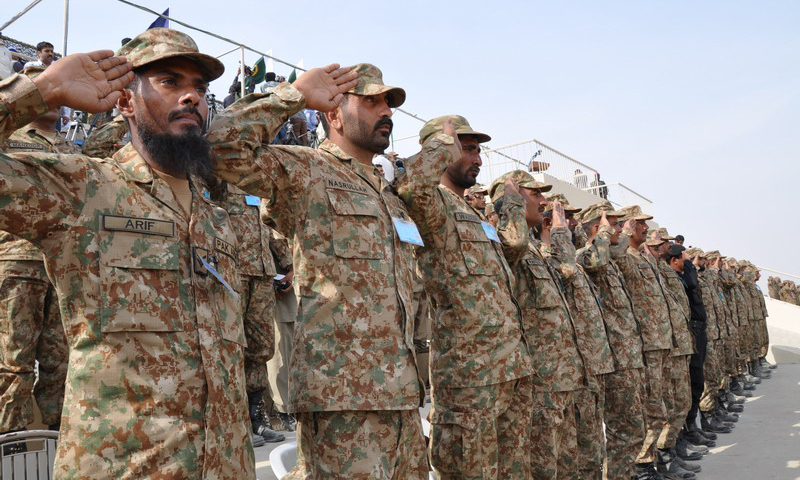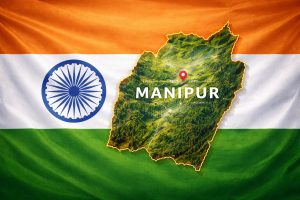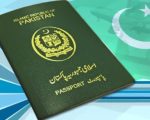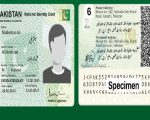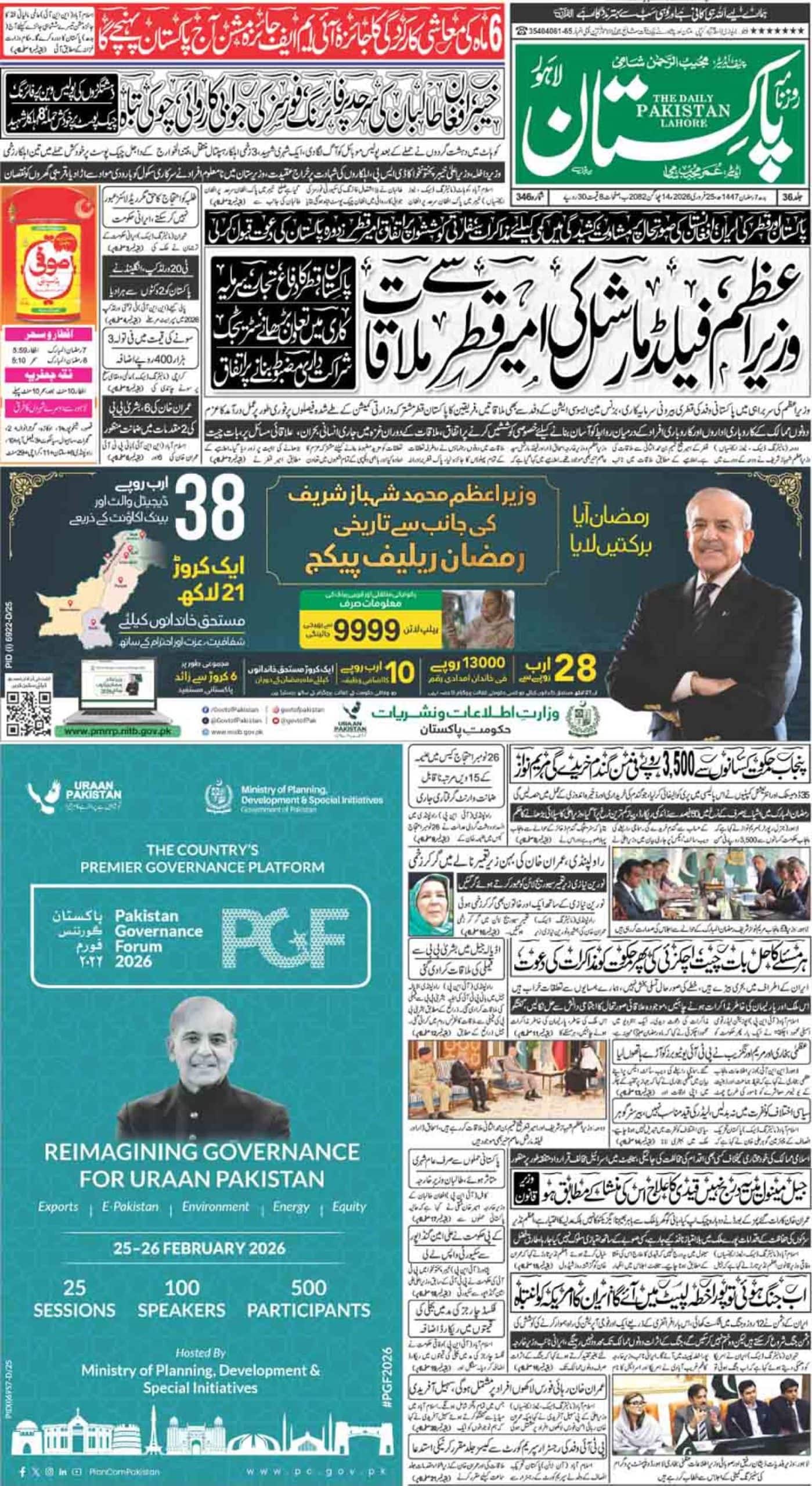Army bashing, especially in our English media, is no secret. For the past several months senior journalists and self-proclaimed intellects have been attacking country’s military establishment. These “intellects” never miss an opportunity to undermine the state interests. One will find them attacking Pakistan’s nukes, law enforcing agencies and even loyal civilians.
Taliban’s unprecedented defeat in FATA and adjoining areas could not be digested by their handlers, so they came up with the counter strategy of exploiting Pashtun grievances. Manzoor Ahmad Mehsud (later became Pashteen) from nowhere became a darling of West and a specific segment of media and politicians.
DG ISPR rightly asked “How did one cap made abroad started being imported into Pakistan? And how did groups of 10 individuals started raising anti-Pakistan slogans? How did articles start appearing in newspapers and how did some foreign media start telecasting their protests live on Facebook and Twitter?” he asked rhetorically.
Same intellects teamed up and bashed army, the ones calling for ruthless operation in North Waziristan a few years ago, they are now propagating against army’s presence in terror-hit Pashtun areas. The biggest rarity today in the said portion of the media is the acknowledgement of the achievements of the army in the war against terror. No one can and shouldn’t discourage constructive criticism but from the eye of your own not by playing in the hands of enemies. These intellects should not forget that media got independence during the Military regime, most of the political leaders imprisoned dozens of journalists who threatened their empire.
There is no second opinion in addressing concerns of the Pashtun who undoubtedly sacrificed a lot for the rest of the country. But extraordinary support from mainstream leading international media outlets raised eyebrows of authorities and masses.
The situation becomes murkier when political leaders also follow suit and start campaigning against the state institutions under the umbrella of so-called nationalist Pashtuns. Delay in FATA reforms and visible reluctance in addressing Pashtun reservations left me questioning how politics can be so cruel that the politicians attack the state institutions for their meagre vested interests.
The day after another we see journalists directly blaming army of strict censorship, claiming to get calls from unknown numbers and direct threats. Now when DG ISPR has clearly stated that army had never tried to dictate any media group or journalist to report according to their wishes, the media men can easily prove ISPR wrong by presenting evidence.
Under the garb of democracy, these pseudo-liberals quote examples of renowned democracies including America, India and Europe. They are now even using foreign media to spit venom against the security agencies. A recently written piece in New York Times by a veteran journalist vehemently toed the line of hawkish elements consistently harming Pakistan’s national security. The so-called western and Indian democracies can never tolerate anti-state views being propagated in their media, United States even arrested the journalists who showed low attendance in Trump’s Inauguration as president, let alone the national security issue.
There is absolutely no doubt that our top security institution has transgressed its limits in the past and they should never be allowed to do so again in any manner. But our media intellects should know that army always calls the shots in the war-torn areas of the country and has a right to form foreign policy with the civilian establishment. It’s not that all the army bashers are bribed, but it’s primarily the war of narratives and the debate of civil-military power balance. For that matter, continuous dialogue and effective working relationship with stakeholders can alter the fate of a common Pakistani.
The evil nexus between prominent media men and political leaders to promote anti-state elements would not only undermine the army but would also weaken democratic institutions, as it would escalate mistrust between them. Now when all the institutions are working under their defined jurisdiction (at least theoretically), a political leader can easily expose any undemocratic or uncalled for action from unelected powerful institutions including judiciary and army. If the stakeholders fail to understand the gravity of the situation then may the God bless this country.
Hassan Siddique is pursuing PhD in Communication Studies from the University of Punjab and a freelance journalist.

